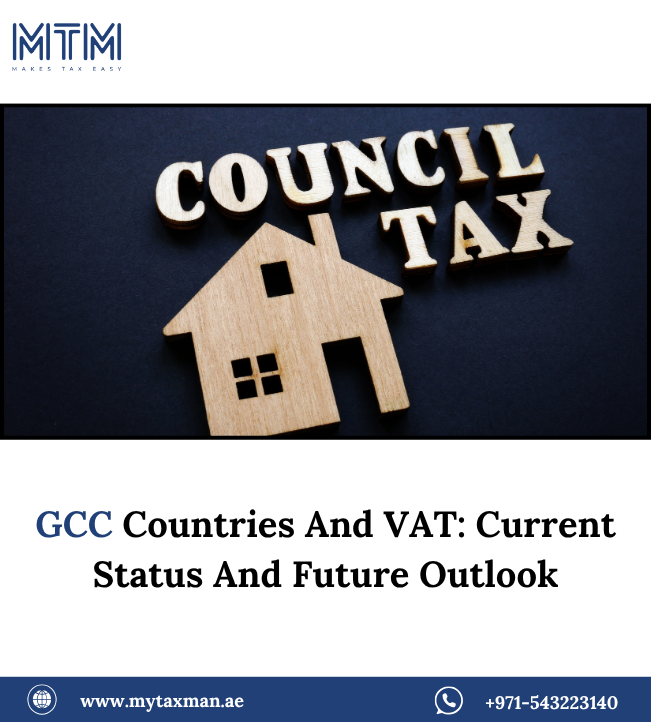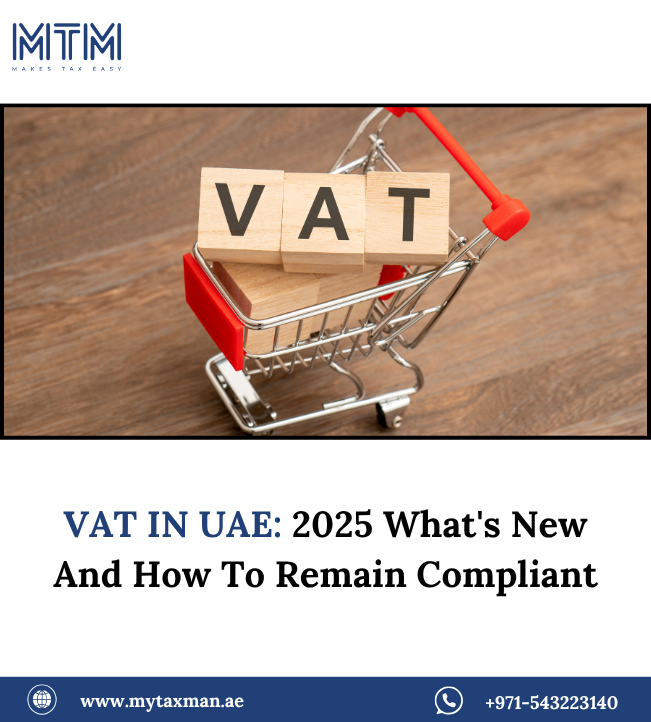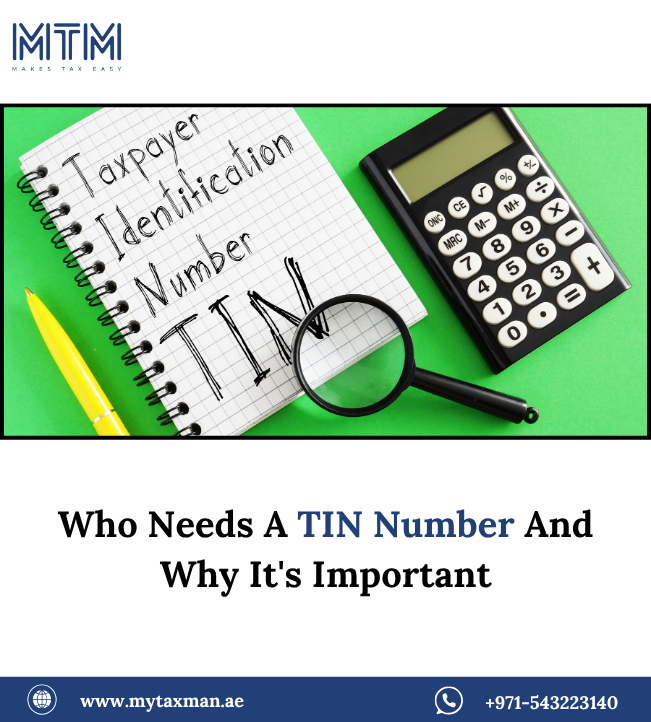GCC Countries And VAT: Current Status And Future Outlook

Strong 8k brings an ultra-HD IPTV experience to your living room and your pocket.
The Gulf Cooperation Council (GCC) has undergone a transformative economic change over the past few years, particularly in terms of tax policy. Historically renowned for their tax-free nature, the GCC states have begun implementing Value-Added Tax (VAT) to diversify national incomes and reduce reliance on oil revenues. While every Gulf Cooperation Council country is progressing at its own pace, the process towards the implementation of VAT is reshaping the region’s fiscal landscape.
This blog explores today’s VAT stance in every GCC member state and how taxation and compliance could be in the future across the Gulf.
Why VAT in the GCC?
The Gulf Cooperation Council states that VAT imposition has originated from a general economic strategy to ensure long-term fiscal stability. With the revenues of oil fluctuating and global energy markets shifting, the GCC nations needed new, non-oil sources of revenue. VAT—a consumption tax levied on goods and services—was the sensible answer.
In 2016, the Unified VAT Agreement was signed by six GCC countries with a commitment to introducing a 5% VAT in the region. Although the timeline and methodology vary from country to country, the agreement provides a harmonised framework that will facilitate harmonisation.
GCC
Current Status of VAT Implementation In GCC Countries
United Arab Emirates (UAE): The UAE led the way in implementing VAT among the GCC states when it did so on January 1, 2018, at a rate of 5%. The Federal Tax Authority (FTA) is responsible for administration, and one of the most efficient VAT systems in the Middle East has been developed under its supervision. VAT applies to most goods and services, but with some exemptions such as education, healthcare, and housing.
See also Corporate Tax in UAE: Exemptions Announced for Select Foreign-Owned Entities
Saudi Arabia: Saudi Arabia then implemented VAT on January 1, 2018, at 5% but increased it to 15% in July 2020 to offset pandemic-related fiscal deficits. Implementation is led by the Zakat, Tax and Customs Authority (ZATCA), with recent emphasis on e-invoicing and real-time enforcement. Saudi Arabia is now a cutting-edge VAT jurisdiction in the Gulf.
Bahrain: Bahrain introduced VAT on January 1, 2019, at a standard rate of 5%, which was increased to 10% from January 2022. The tax is handled by the National Board of Revenue (NBR), with a focus on digital compliance and taxpayer education. Although the VAT regime is still in its development stage, Bahrain has consistently moved forward with its implementation.
Oman: Oman introduced VAT relatively late, with effect from April 16, 2021, at 5%. There has been an emphasis by the Tax Authority on rolled-out implementation, accompanied by extensive public campaigns. Oman’s VAT regime is very much in alignment with the Unified Agreement, though with local adjustments due to its economic composition.
Qatar: Qatar has not yet implemented VAT but will do so shortly. The legislative framework has been established, and the General Tax Authority (GTA) is reportedly finalising administrative frameworks and regulatory standards. Being one of the wealthier members of the GCC, Qatar has proceeded with caution in its implementation.
Kuwait: Kuwait has delayed VAT implementation on multiple occasions due to political opposition and economic concerns. Although draft bills were prepared, no official inauguration date has been announced. Nevertheless, experts predict that Kuwait will eventually introduce VAT as part of sweeping fiscal reforms.
See also Qualifying Free Zone Person (QFZP): What It Means Under UAE Corporate Tax Law
Business Challenges And Implications
For companies selling their products in more than one GCC state, complying with VAT can be cumbersome due to variations in regulations and enforcement:
Different Rates and Exemptions: VAT rates and exemptions are diverse, especially in Saudi Arabia and Bahrain, making regional planning difficult.
Cross-Border Trade: VAT treatment of cross-GCC trade remains a grey area in most cases.
Technology and Reporting: Electronic invoicing and periodic reporting obligations vary, demanding country-specific solutions.
Firms need robust accounting systems and up-to-date tax advice to remain compliant in every country.
The Future Of VAT In The Gulf Cooperation Council
The short-term aim of VAT in the Gulf Cooperation Council is regional convergence. While not harmonised yet, the Unified VAT Agreement establishes several guidelines on standard policies in tax rates, exempted goods and services, and cross-border transactions.
In the years to come, we can expect:
Completion of the operation in Qatar and Kuwait is expected within the next few years.
Increased use of digital platforms for VAT filing and compliance.
Increased cooperation among GCC tax authorities, including the exchange of data and common audits.
Possible expansion of VAT rates or bands as governments seek to raise further revenue.
As governments diversify their economies, VAT will remain a staple of regional fiscal policy.
Final Thoughts From My Taxman
The Gulf Cooperation Council is experiencing a tax revolution. While VAT implementation has varied among member states, the journey is one and the catalyst is the same: towards more fiscal sustainability, digital compliance, and long-term sustainable revenues. To businesses, that means adapting to a more sophisticated regulatory environment—but also profiting from an emerging market.
See also Who Needs A TIN Number And Why It's Important
At My Taxman, we assist companies with VAT across all the GCC countries, from registration and filing to compliance planning. Whether you’re a startup or a multinational, our experts ensure you stay compliant and stay ahead of your competition.
Having trouble with VAT in the Gulf?
Contact My Taxman today for personalised advice and full-service VAT solutions across the GCC.
GCC,Gulf Cooperation Council,My Taxman,VAT
Note: IndiBlogHub features both user-submitted and editorial content. We do not verify third-party contributions. Read our Disclaimer and Privacy Policyfor details.







